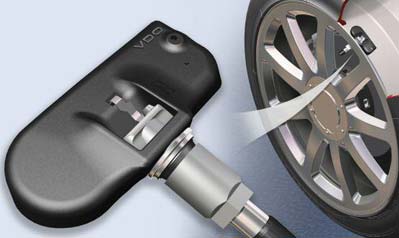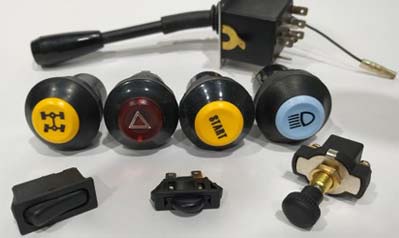Welcome to May Auto Parts Manufacturing & Supplying (MAPMS)
Welcome to May Auto Parts Manufacturing & Supplying (MAPMS)
If the engine can be compared to the soul's core of a car, then the spark plug is undoubtedly the source of the spark within that soul. A strong, stable, and easily ignitable spark for the fuel mixture is crucial for the efficient operation of the engine. So, how often do spark plugs need to be replaced in a car? To answer this, it's essential to understand the differences between nickel vs iridium spark plugs, as the material significantly impacts their longevity and performance.
The nickel spark plugs have a central electrode made of nickel alloy, and the side electrode is made of nickel-copper. This type of spark plug is economical and widely used in various standard vehicles. According to design standards, the lifespan of the nickel spark plugs is typically around 20,000 kilometers.
The central electrode of the Platinum Spark Plugs is made of platinum, while the side electrode remains nickel-copper. The diameter of the central electrode is generally between 0.6 mm and 1.0 mm. This type of spark plug has a lifespan far exceeding that of nickel alloy, making it especially suitable for high-performance engines, ensuring long-lasting and stable operation.
The Iridium Spark Plugs feature a central electrode made of iridium, with the side electrode also made of nickel-copper. Since the iridium central electrode is thinner, it possesses stronger corrosion resistance, though its anti-fouling capability is slightly weaker. Therefore, its actual lifespan is also approximately 40,000 kilometers.
The replacement cycle of spark plugs is not fixed and can be influenced by factors such as engine operating environment, temperature, fuel used, and the concentration of the combustible mixture. Typically, the model and specifications of spark plugs are determined by the vehicle manufacturer during product testing, so it is not recommended to change them arbitrarily. In particular, for direct injection engines, due to their unique in-cylinder structure, the replacement cycle of spark plugs may be shortened accordingly, and it is essential to follow the manufacturer's manual for replacements.
Popular Automotive Spare Parts
 Classification and Correct Adjustment Method of Car Expansion Valve
READ MORE >
Classification and Correct Adjustment Method of Car Expansion Valve
READ MORE >
 Fault Analysis of Car Air Conditioner Compressor
READ MORE >
Fault Analysis of Car Air Conditioner Compressor
READ MORE >
 The Multifunctionality of the Headlight Combination Switch
READ MORE >
The Multifunctionality of the Headlight Combination Switch
READ MORE >


